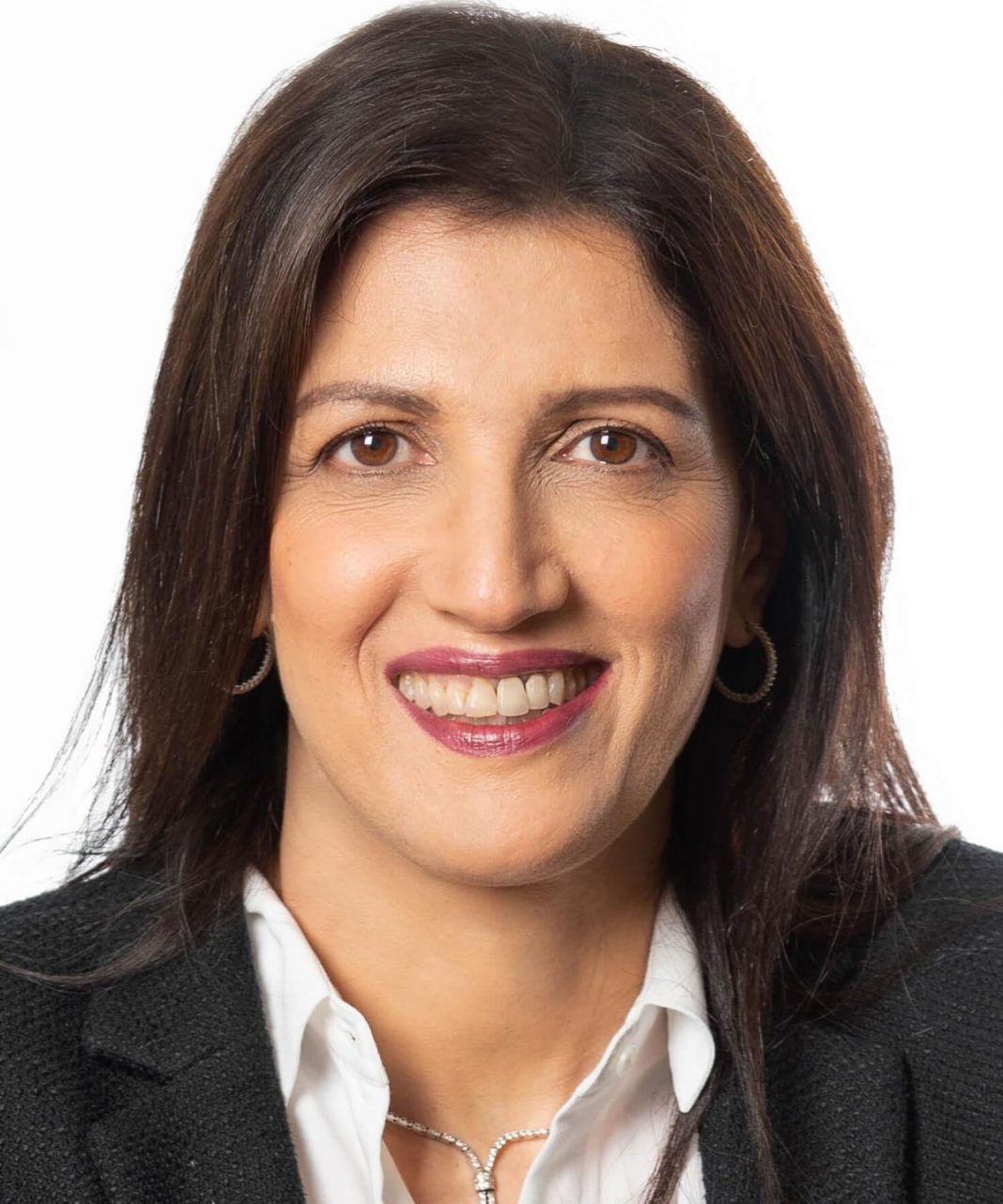Have you ever been distracted at work because you were overthinking a health issue you were experiencing or obsessing about whether you should call your healthcare provider about a question you had because you didn’t want to be a bother or were worried about being dismissed?
Making decisions around our health and medical care (or the care of our loved ones) can feel difficult and overwhelming, especially when the stakes feel high and there is a vast array of information available any time we glance at our devices. I spoke with Dr. Talya Miron-Shatz, a psychologist, author, researcher, consultant, and speaker, who studies medical decision-making in a humanistic way. She is the author of the new book, Your Life Depends on It: What You Can Do to Make Better Choices About Your Health, which explores the issue from patient and provider perspectives.
Dr. Talya Miron-Shatz is the author of Your Life Depends on It: What You Can Do to Make Better … [+]
Dr. Talya Miron-Shatz
Why Medical Decision-Making Is So Difficult
If you’re feeling like making decisions about medical care has gotten more complicated in recent years, you’re not alone. While there are many factors, a few Dr. Miron-Shatz highlights are the shift to a model where we are now consumers of healthcare, along with an increase in access to health-related information (especially on social media). Having to make a lot more health choices presents many opportunities for overthinking and decision fatigue.
“There are a number of factors that make it more difficult,” she says, but notes that one of the most important is that there needs to be a level of trust between the patient and the provider. This is not always easy to establish in our current healthcare climate, where doctors are often overloaded and burnt out and patients are getting input about their medical decisions from a wide variety of sources, some credible, some questionable. “Patients need all the help they can get, and doctors need all the help they can get as well.”
Medical decision making can be overwhelming
getty
How To Improve Medical Decision-Making In Your Own Life
When you’re a patient or are a caregiver for a loved one, being prepared and not being afraid to ask questions can help you improve the medical decision-making process. Here are a few steps Dr. Miron-Shatz recommends:
-Prioritize trust with your medical team. As much as possible, choose providers whose expertise you trust and whose bedside manner feels appropriate to you.
-Prepare questions ahead of time. Understanding that your provider may be really busy, get organized and have your concerns and inquiries ready to help make for a more focused appointment. If it helps to write questions down, keep them someplace you can easily access them.
-Ask more questions. Dr. Miron-Shatz encourages asking, “What are the risks, benefits and other options?”Ask for evidence and appropriate resources, if needed.
-Take notes during your appointment so you remember key points and recommendations.
-Don’t be afraid to follow up if you have more questions or need guidance.
-When doing your own research, be mindful of the source. There’s a lot of misinformation out there, and it’s not always easy to tell what’s credible. Look for citations of peer-reviewed research studies. You can also ask your healthcare provider for recommended resources on your particular concern. For example, you may be able to find research-backed information through an organization such as the National Institutes of Health, Centers for Disease Control, or a disease-specific resource like the American Cancer Society or American Heart Association.




